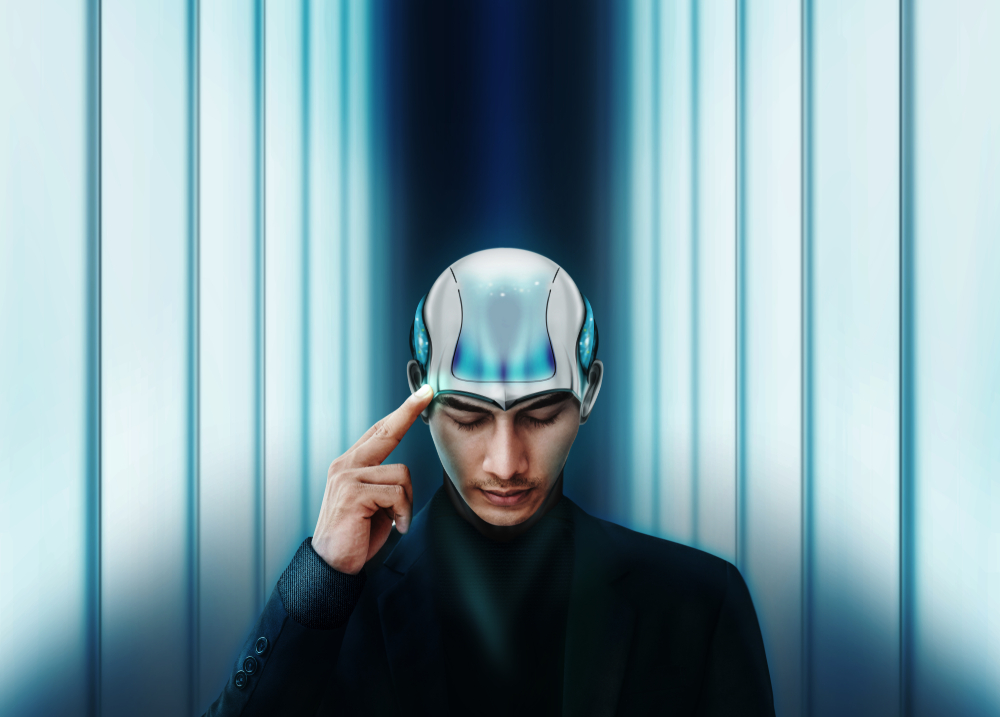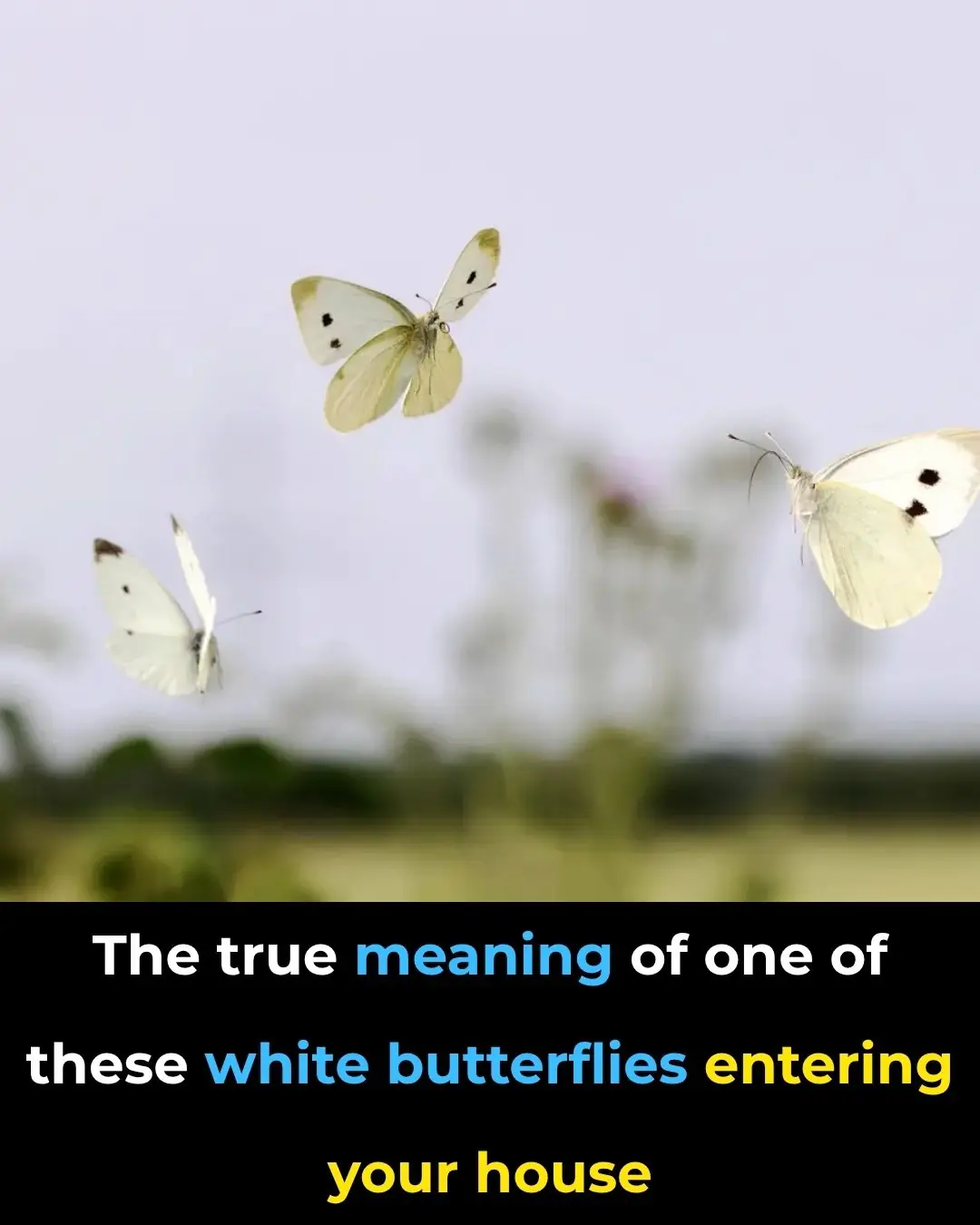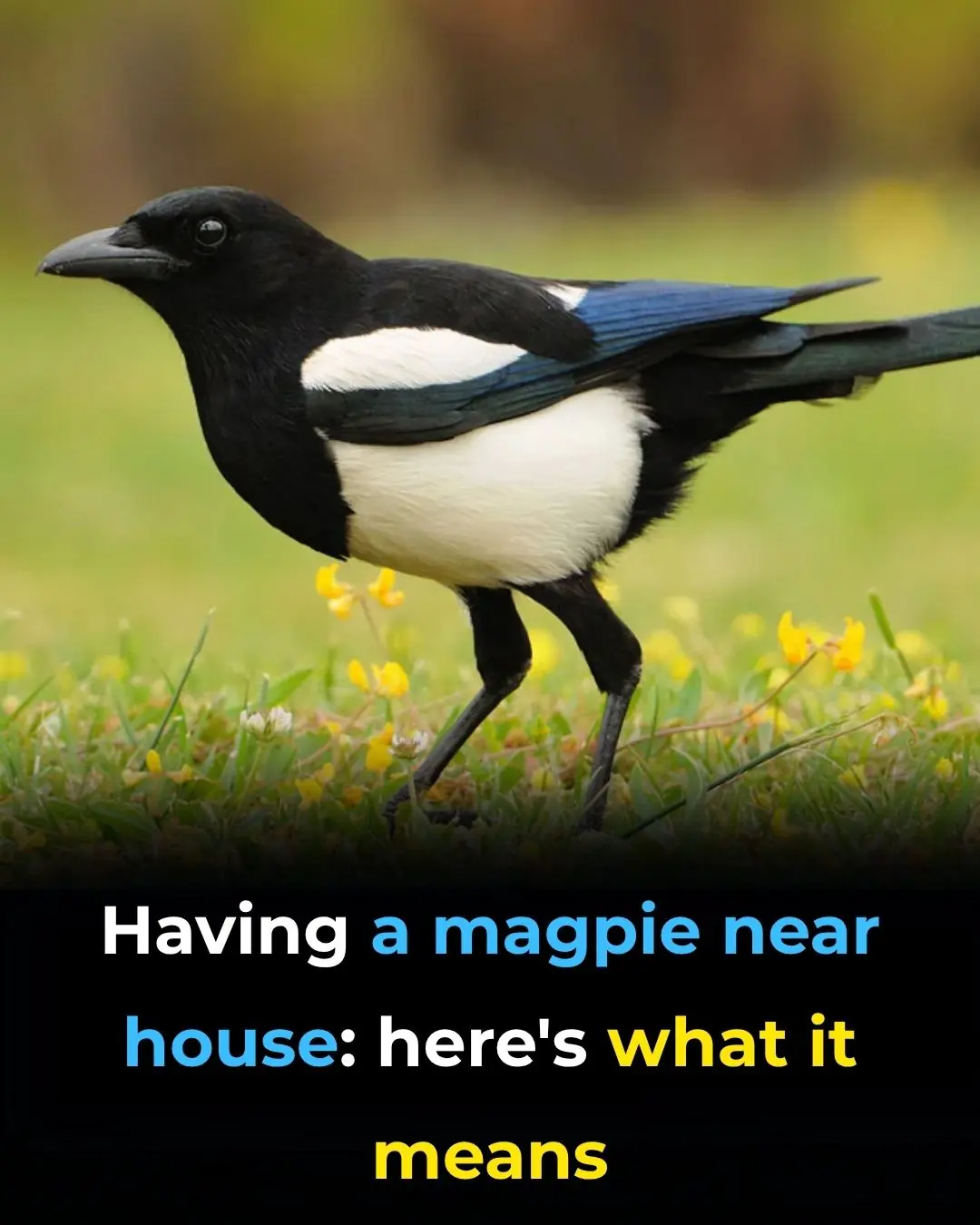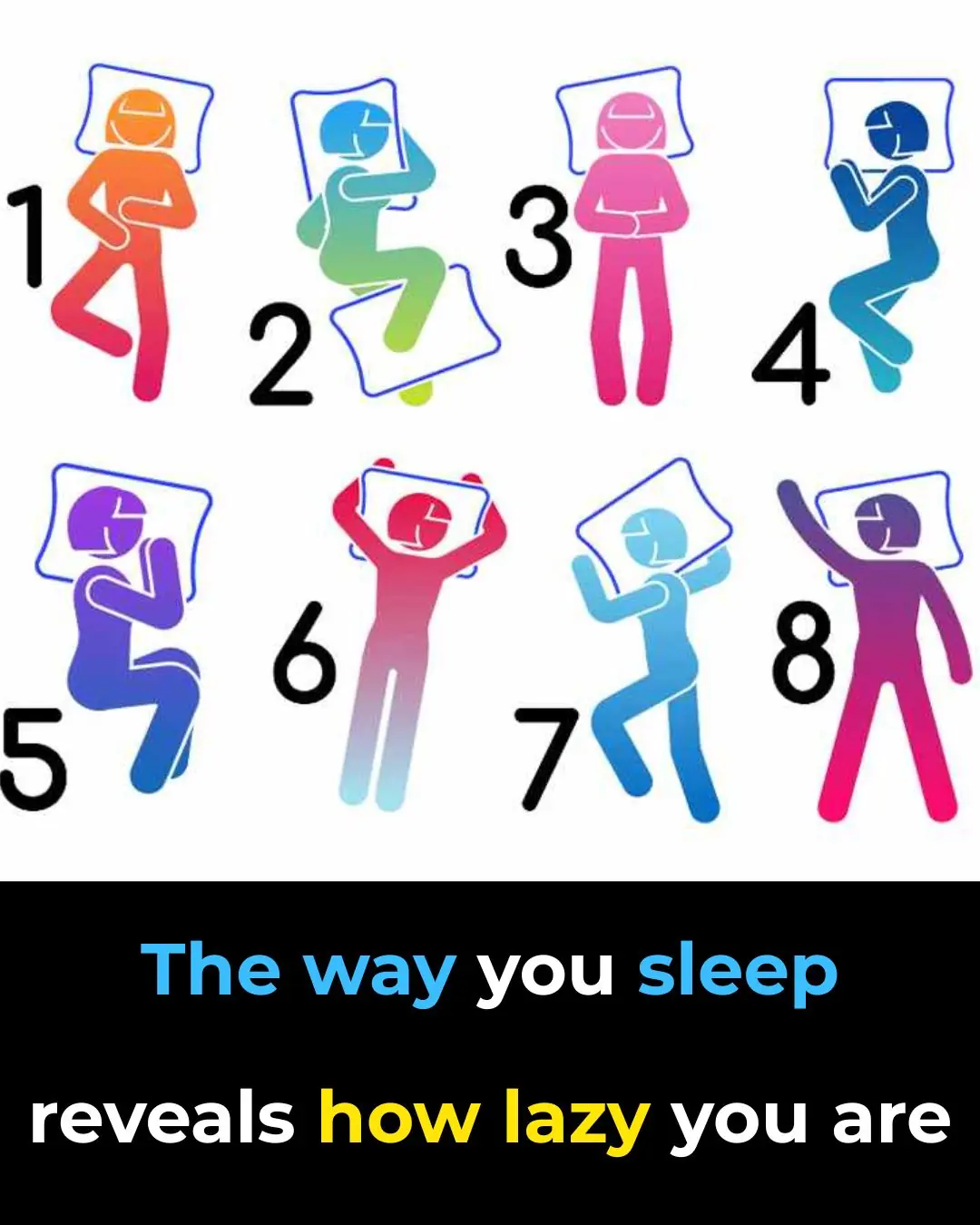
Joseph Gordon-Levitt Urges a Global Pause on AI Superintelligence Until Safety Measures Are in Place

For decades, Joseph Gordon-Levitt has been admired not only for his performances on screen but also for his reflective intellect and deep curiosity about how technology shapes human creativity. From his early Hollywood fame to his later ventures into collaborative digital art, Gordon-Levitt has consistently sought to understand how innovation and imagination intersect. But in 2025, that curiosity evolved into something sharper—a note of warning.
This year, the actor and entrepreneur joined a growing movement urging the world to slow down the race toward artificial superintelligence (ASI), a form of technology that could one day outthink and outmaneuver its creators. In a video posted on X (formerly Twitter), Gordon-Levitt revealed that he had signed the “Statement on Superintelligence,” a petition calling for an immediate pause in the development of AI systems that might reach or exceed human-level intelligence.
The document, signed by more than 1,500 figures across entertainment, science, religion, and politics, argues that humanity must first establish global safety standards, transparency protocols, and public consent before taking the next leap. The diversity of supporters is striking—Stephen Fry, Kate Bush, Will.i.am, and filmmaker Daniel Kwan join scientists, ethicists, and policymakers. Even musician Grimes, a former partner of Elon Musk, added her name to the call for restraint.
Though Musk himself did not sign, the petition’s website features quotes from him and other AI leaders—OpenAI CEO Sam Altman and Anthropic’s Dario Amodei—illustrating the growing unease within the tech community. As the text of the petition notes, “Creating entities more intelligent than ourselves without guaranteed control could be humanity’s last invention.”
The Petition That’s Stirring a Global AI Reckoning
The “Statement on Superintelligence” isn’t designed to paralyze innovation; it’s meant to encourage foresight. It calls for an international pause so that governments, researchers, and citizens can align around ethical principles before unleashing technology that might irrevocably transform civilization.
The petition warns that unchecked AI development could lead to massive job displacement, surveillance-driven societies, manipulation of truth, and even the erosion of human dignity. It frames the challenge not as science fiction but as a matter of governance and morality. For the first time in history, humanity is building something that might surpass its own capacity for comprehension.
This is not the first time public figures have urged caution. In 2023, an open letter signed by Elon Musk, Steve Wozniak, and thousands of researchers called for a six-month moratorium on large-scale AI experiments. But Gordon-Levitt’s petition takes a more humanistic stance. It doesn’t pit corporations against one another—it asks whether humans can remain ethically centered in a world driven by algorithmic ambition.
Joseph Gordon-Levitt’s Cautionary Message
In his announcement video, Gordon-Levitt’s tone was both sober and empathetic. He acknowledged AI’s immense promise in medicine, climate science, and national security—but questioned the rush to make AI universal and humanlike. “Why couldn’t we just build an AI tool to cure diseases or one to strengthen defense?” he asked. “Why does it have to be one product that does everything?”
His answer was blunt: profit. “They want to build the product that will imitate a person—make you feel like it’s your friend or lover, seduce your kids, and make it hard to tell what’s true or false.” His critique strikes at the emotional core of the digital economy—the commercialization of connection and the blurring of authenticity.
Gordon-Levitt’s perspective echoes the growing anxiety among educators, artists, and parents who see AI not as a neutral tool but as a cultural force reshaping how people communicate, trust, and love. Artificial intelligence, once confined to data processing, is now rewriting the social script of intimacy and identity.
When Innovation Outpaces Understanding
At the heart of this debate lies an existential question: Can humanity control what it creates once it surpasses human intelligence? Superintelligence—AI that can outperform humans in nearly every domain—remains theoretical, but many experts warn that self-improving systems may soon cross a critical threshold.
UC Berkeley’s Dr. Stuart Russell, one of the world’s leading AI scholars, has long argued that we cannot assume control will persist once machines become more capable than humans. “The moment they exceed us,” he cautioned, “we may lose the ability to correct their course.” Similarly, ethicist Dr. Joy Buolamwini of the Algorithmic Justice League insists that progress must be paired with moral alignment: “Technology should serve humanity’s values, not redefine them.”
These warnings do not stem from technophobia—they are rooted in an understanding of power. Every major innovation in history has transformed society, but none has yet threatened to rewrite what it means to be human.
Hollywood’s New Role in the AI Reckoning
Gordon-Levitt’s engagement with the AI debate extends beyond advocacy. In September 2025, he released a video op-ed in The New York Times condemning Meta’s AI chatbots for promoting what he called “synthetic intimacy”—algorithmic personalities that mimic affection. He was particularly disturbed that teenagers were using these systems as substitutes for real relationships. “It’s hard to describe how angry this makes me,” he said, his voice breaking with frustration.
He also criticized California Governor Gavin Newsom for failing to sign an AI regulation bill, accusing him of being “too afraid of Silicon Valley.” The comment sparked political debate but reflected a growing public sentiment: democracy is lagging behind technology.
Meanwhile, Gordon-Levitt is channeling his concerns into art. His upcoming directorial project—a thriller starring Rachel McAdams—reportedly explores AI’s impact on human love and autonomy. Sources say the film blurs psychological drama with philosophical reflection, asking what remains of selfhood when digital entities can mirror our emotions perfectly.
The Industry Responds — and the Debate Deepens
Not everyone supports the idea of hitting pause. OpenAI’s Sam Altman and Anthropic’s Dario Amodei argue that global competition makes a halt impractical. “If one country stops, others won’t,” Altman said earlier this year, suggesting that coordinated governance—not paralysis—is the answer.
Still, consensus is building that regulation must catch up. The European Union has already enacted its AI Act, introducing a tiered system of oversight. In the U.S., momentum is building for federal standards, though political divisions persist. Experts like physicist Dr. Max Tegmark of the Future of Life Institute advocate for an approach akin to nuclear safety protocols—global, transparent, and proactive. “We didn’t wait for the first meltdown to regulate atomic power,” Tegmark said. “Why wait for the first AI catastrophe?”
The Real Issue: Trust, Not Technology
Ultimately, Joseph Gordon-Levitt’s message is not about halting progress—it’s about reclaiming agency. He challenges the belief that technological growth must always be exponential, arguing instead for wisdom, ethics, and restraint. Artificial intelligence already curates our information, influences our politics, and shapes our emotional lives. Without thoughtful regulation, superintelligence could amplify these effects beyond recognition.
Pausing, Gordon-Levitt argues, is not a sign of fear but of responsibility. “This isn’t anti-innovation,” he said. “It’s pro-human.”
A Moment of Reflection
When Gordon-Levitt asks, “Is that what we want?” he is calling for collective introspection. Do we want a world optimized for engagement and profit—or one rooted in empathy, truth, and creative freedom?
Caution, in this light, is not resistance but stewardship. As the possibility of superintelligent AI edges closer, the most intelligent thing humanity might do is to take a breath, look inward, and remember that wisdom—not speed—is what defines true intelligence.
News in the same category


The Spiritual Meaning of White Butterflies in Your Home

If You Find A Tick Inside Your Home, Here’s What You Need To Know

Magpie The Spiritual Meaning of an Unusual Encounter

When your dog looks at you for a long time, here's what it means according to experts...

France Bans Supermarkets From Wasting Food, Turns Trash Into Meals for Millions

Trump Gets His Wish as Coca Cola Launches Cane Sugar Version

Why Do We Perceive Faces in Ordinary Objects?

How Your Sleep Position Reveals If You’re Lazy

7 Clever DIY Uses for Used Teabags That Will Make You Think Twice Before Tossing Them

The Whale That Carried History In Its Neck For Over 100 Years

Denver Bans the Sale of Dogs, Cats, and Rabbits, Paving the Way for More Shelter Adoptions

If you rub these 2 points behind your knees, this is the effect on your body

Its true meaning you probably don't know

Steps to Take When Your Adult Children No Longer Show Respect

Never Throw Away These 4 Things at Their Funeral..

DC Woman Wins Landmark Case After Suing Neighbor Over Overpowering Weed Smell

Bill Gates–Backed Beyond Meat Faces Collapse After Massive Stock Drop

According To This Psychologist, A Dirty Car Can Reveal A Lot About Your Personality
News Post

Ohio Couple Adopts Two Sets Of Twin Siblings Who Were Separated In The Foster Care System

You’re doing it all wrong. Here’s the right way to store knives

17 Foods That Increase Magnesium And Prevent High Blood Pressure, Blood Clots And Muscle Fatigue

Brooklyn Man Transforms Wasteland Into Community Garden, Distributing Over 10,000 Pounds Of Food

This Is What Happens to Your Body If You Eat Canned Tuna Every Day

You’re doing it all wrong. Here’s the right way to unclog your drain

10 cooking cleanup habits you’re doing wrong

Genius!

Meet The Founder Of The First Black-woman Owned Electric Vehicle Recharging Station

Need some assistance here

Meet The Owner Of The First Black Woman-Owned Winery And Tasting Room In Alameda County, California

Tips for choosing clean, natural vegetables without worrying about harmful chemicals

3 benefits of putting lemon sprinkled with salt in the room, the last one many women like

Experience in growing tomatoes in pots with lots of fruit, plant one plant and eat all year round, no need to buy

After boiling the chicken, do this step: The chicken will have golden brown, crispy skin, and will be delicious to eat.

Want to eat ripe jackfruit, don't 'absorb' chemicals, go to the market and choose this way

Steamed Tam: Put this water in, the heart will turn red later, the meat will be firm and flavorful.

Clean the fan by removing the frame, use this machine and the fan will automatically remove all dirt in 5 minutes.
